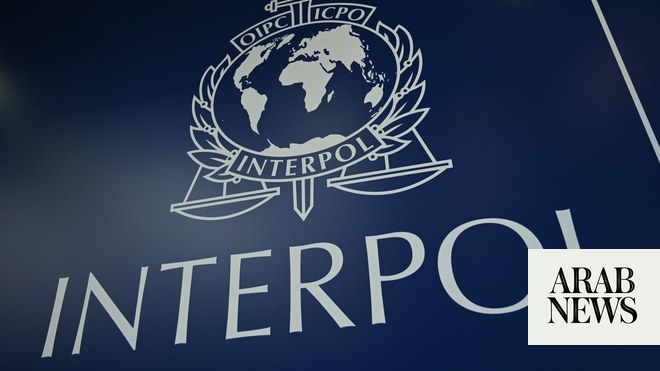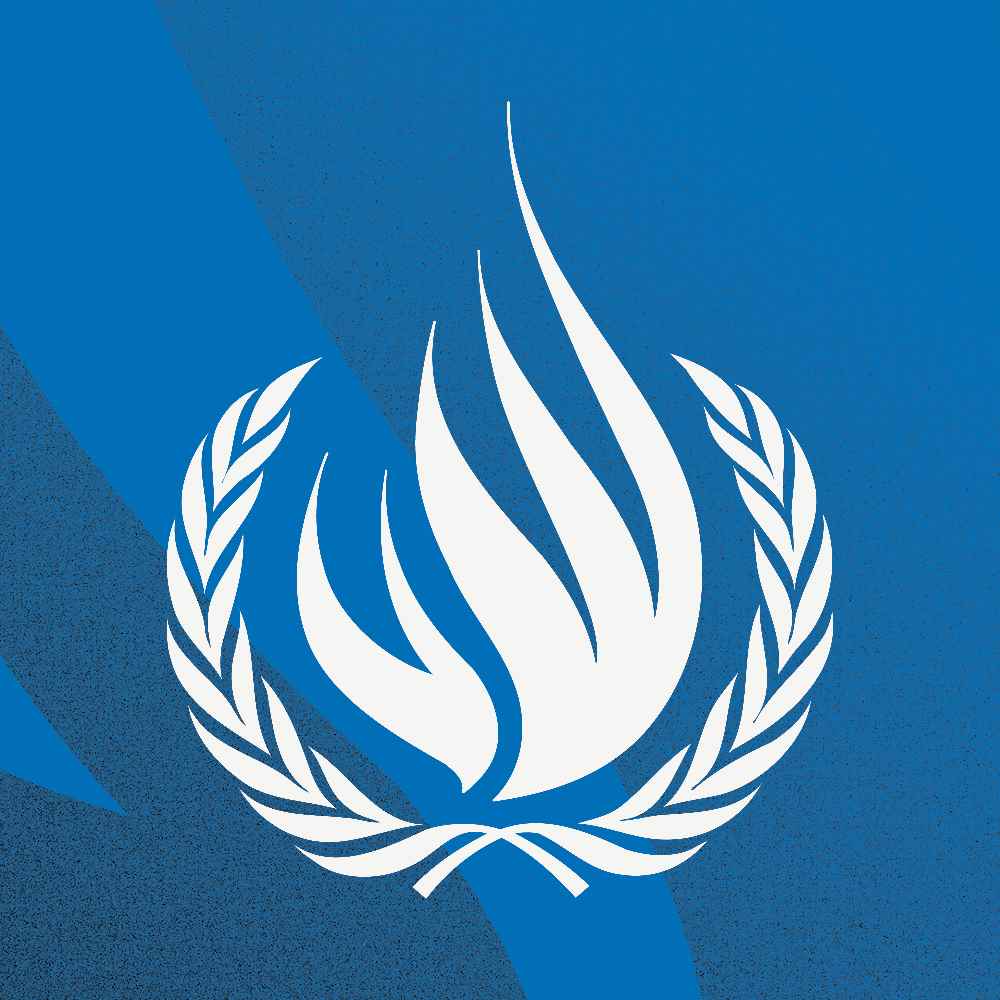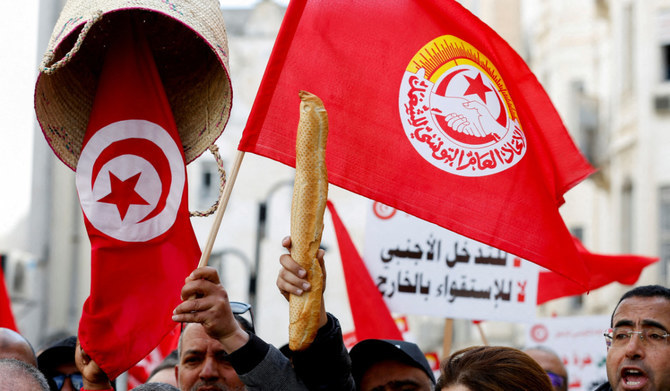
As a restored member of Interpol, Syrian President Bashar Assad and his regime can issue international arrest warrants or “red notices”
War-torn country was previously suspended after accessing Interpol databases and requesting assistance when the civil war started in 2011
LONDON: The readmission of Syria to Interpol’s communication network could lead to harassment and abuse of refugees and opponents of the Bashar Assad regime, activists said.
The global policing body confirmed last week that Syria’s status within the organization had been reinstated. It had been previously suspended through “corrective measures” after accessing its databases and requesting assistance in international arrests during the outbreak of the civil war in 2011, a report in The New Arab said.
Legal experts and activists have now raised concerns that the move will endanger people and opposition figures who fled the regime and who might now face extradition or detention.
As a restored member of Interpol, the Syrian president and his regime can issue international arrest warrants — or “red notices” as they are known — across a network of 194 international policing organizations.
While “red notices” are submitted through the Interpol General Secretariat and undergo a screening process to prevent warrants that are politically motivated, legal experts say the process is deeply flawed and requests are rarely rejected.
“I am profoundly disappointed and concerned such a decision has been made,” Toby Cadman, a UK barrister working on Syria-related war crimes and prosecutions, told the Guardian.
“Interpol’s systems are opaque, with no real oversight or accountability, and they are routinely abused by states like Syria, which have little regard for human rights.”
Activists also fear Interpol’s decision could affect the 6.8 million refugees and Syrians currently seeking asylum in countries around the world, despite the organization’s claim it would not serve “red notices” on asylum seekers or refugees.
“The recommendation to lift the corrective measures was made by the executive committee ... following close monitoring of messages from the National Central Bureau Damascus (Interpol’s in-country office),” an Interpol comment read.
“Member countries maintain full control of the data they provide to Interpol and decide which NCBs get to see their information. This means that NCB Damascus can only access information in Interpol databases which has not been restricted by other member countries.”












